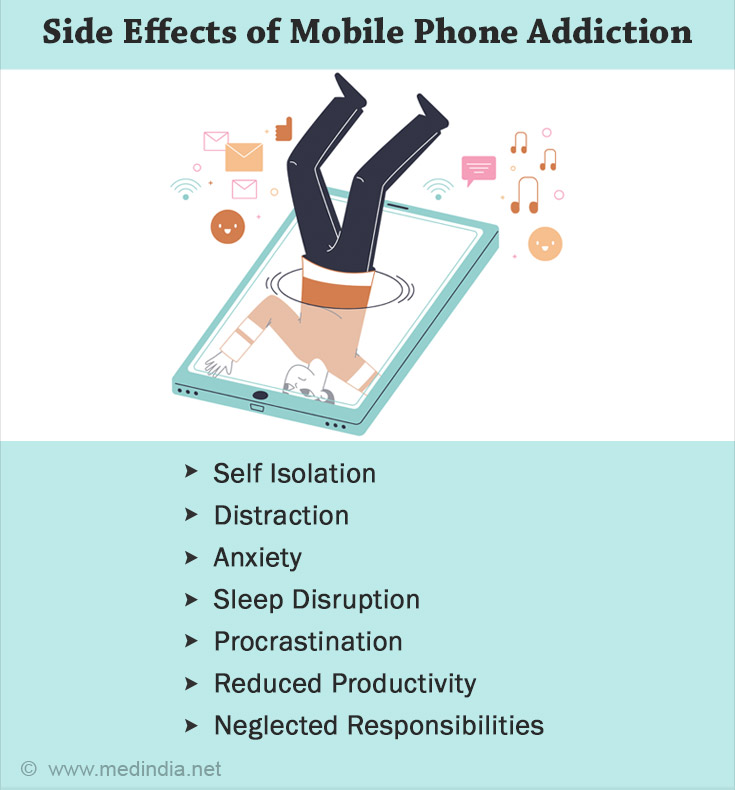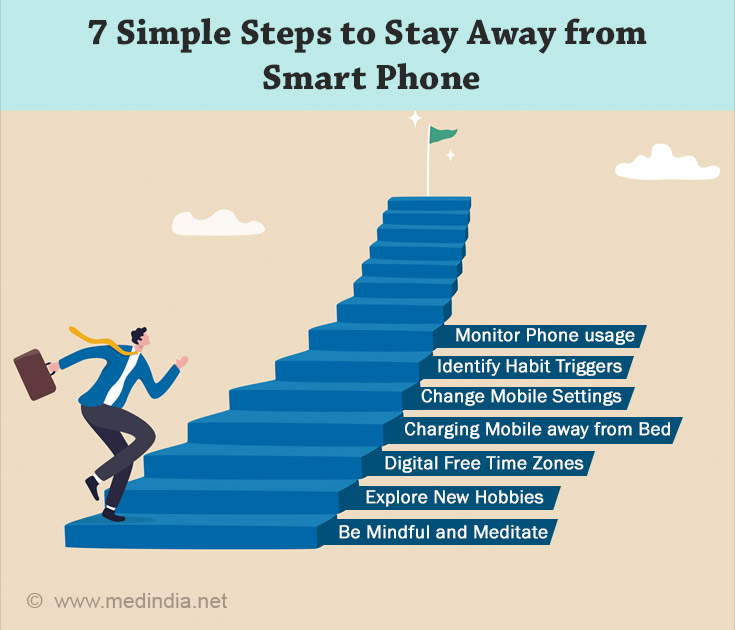- Smartphone Addiction and Associated Health Outcomes in Adult Populations: A Systematic Review - (https://www.ncbi.nlm.nih.gov/pmc/articles/PMC8622754/)
- Smartphone and Internet Addiction - (https://www.helpguide.org/articles/addictions/smartphone-addiction.htm)
- Why is smartphone addiction on the rise, and are you being affected? - (https://www.openaccessgovernment.org/why-is-smartphone-addiction-on-the-rise-and-are-you-being-affected/153211/)
- Smartphone Addiction- Causes, Symptoms, Effects and Statistics - (https://buddingpsychologists.org/smartphone-addiction-causes-symptoms-effects-and-statistics/)
- The Association Between Smartphone Addiction and Sleep: A UK Cross-Sectional Study of Young Adults - (https://www.frontiersin.org/articles/10.3389/fpsyt.2021.629407/full)
- When Do We Actually Need to Meet in Person? - (https://hbr.org/2021/07/when-do-we-actually-need-to-meet-in-person)
Introduction
"It is okay to own a technology, but not to be owned by one."
There is an upward curve of smartphone addiction, especially among students and children, raising concerns about its psychological effects. To break this chain, we first need to explore the various dimensions of smartphone addiction, and its symptoms.
What is Smartphone Addiction/Nomophobia?
Smartphone addiction, also known as mobile phone addiction or nomophobia (fear of being without a mobile phone), refers to the excessive and compulsive use of smartphones, leading to negative consequences in various aspects of an individual's life.
It involves an over reliance on smartphones for social interaction, entertainment, information, and other activities, often to the detriment of one's physical and mental well-being(1✔ ✔Trusted Source
Smartphone Addiction and Associated Health Outcomes in Adult Populations: A Systematic Review
Go to source).
Effects of Smartphone Addiction
Smartphone addiction can have a range of negative effects on individuals, affecting different aspects of their lives. Some of the common consequences include:
- Physical health problems such as eye strain, neck and back pain, and musculoskeletal issues
- Uncontrolled scrolling is known to trigger anxiety and fuel depression. Excessive smartphone use is associated with difficulties in cognitive-emotion regulation, impulsivity, impaired cognitive function, addiction to social networking, shyness and low self-esteem
- Constant notifications, and the fear of missing out (FOMO) can contribute to heightened levels of stress
- Cell phone overuse, especially before bedtime, can interfere with sleep The blue light emitted by screens can disrupt the production of the sleep hormone melatonin, impacting the quality of sleep(2✔ ✔Trusted Source
Smartphone and Internet Addiction
Go to source)

- Addiction to these devices can lead to social isolation resulting in reduced face-to-face interactions and a decline in the quality of real-life relationships
- Profound decreased productivity, can impact work or academic performance and hinder the ability to focus on tasks. It also impairs the thinking capacity and hinders creativity
- In-app purchases, online shopping, and other compulsive spending through smartphones can lead to financial strain
- Texting or using apps while driving or walking, increases the risk of accidents. Distracted driving, in particular, poses a significant danger to individuals and others on the road(3✔ ✔Trusted Source
Why is smartphone addiction on the rise, and are you being affected?
Go to source)
7 Simple Steps to Stay Away from Smart Phone
1. Monitor your Cell Phone Use
Establish realistic goals for smartphone usage. Begin by tracking the amount of time spent on your device daily. Once you have an understanding of your habits, gradually reduce screen time to a level that aligns with your priorities and allows for more meaningful activities.
2. Find out What Triggers you to Grab your Phone
Is it when you're lonely or bored? If you are struggling with depression, stress, or anxiety, for example, your excessive smartphone use might be a way to self-soothe rocky moods. Maybe you find solace or an outlet for stress and anger through activities like tweeting, texting, or blogging.
Alternatively, connecting with people in person might pose challenges, making online communication more comfortable. It's essential to explore and understand the underlying reasons for these preferences to address them effectively.
Take a closer look at the root causes and consider seeking support or adopting strategies that promote healthier coping mechanisms. Connecting with others in various ways can contribute to a more well-rounded and fulfilling social experience.
3. Change Your Phone Settings
Take advantage of the 'Do Not Disturb' feature on your smartphone during specific hours. This will enable you to disconnect from notifications and interruptions, providing a dedicated time for relaxation, focus, or quality time with loved ones.
Take off distracting apps that consume most of your time. Get rid of notifications on your phone so you're not forced to check it every time one appears. Turn on grayscale to reduce eye strain(4✔ ✔Trusted Source
Smartphone Addiction- Causes, Symptoms, Effects and Statistics
Go to source).
4. Create a Charging Station Outside the Bedroom
Resist the urge to check your smartphone first thing in the morning or last thing at night by placing a charging station outside your bedroom. This not only promotes better sleep hygiene but also prevents the early morning or late-night scrolling that can disrupt your sleep patterns(5✔ ✔Trusted Source
The Association Between Smartphone Addiction and Sleep: A UK Cross-Sectional Study of Young Adults
Go to source).

5. Establish Digital-Free Zones
Create designated areas in your home where smartphones are not allowed. Bedrooms and dining tables can be excellent places to start. By setting these boundaries, you'll encourage face-to-face interactions and reduce the temptation to mindlessly scroll through your device.
Designate certain times of the day as tech-free zones. Whether it's during meals, before bedtime, or during family activities, having intervals without smartphone use will contribute to a more balanced and mindful lifestyle.
6. Explore Offline Hobbies
Rediscover the joy of offline activities. Engage in hobbies that don't involve screens, such as reading physical books, practicing a musical instrument, or pursuing outdoor activities. By immersing yourself in these pursuits, you'll break the cycle of smartphone dependency.
Start meeting face-to-face as it aids in building a relationship and deepens emotional connections as well as establishes trust between partners(6✔ ✔Trusted Source
When Do We Actually Need to Meet in Person?
Go to source).
7. Practice Mindfulness and Meditation
Incorporate mindfulness practices into your routine to enhance self-awareness and reduce stress. Apps that guide you through meditation or breathing exercises can be beneficial. Pick up journaling your mobile usage and record to celebrate small milestones.
Taking moments for mindfulness helps break the habit of reaching for your smartphone as a default response to boredom or stress. Stay accountable to yourself in this journey.
Embracing these simple steps can help you regain control over your smartphone usage, fostering a healthier and more balanced lifestyle.
Breaking free from smartphone addiction requires a conscious effort and a commitment to fostering a healthier relationship with technology.
Remember, the key is moderation and a conscious effort to prioritize real-world experiences over digital distractions.










